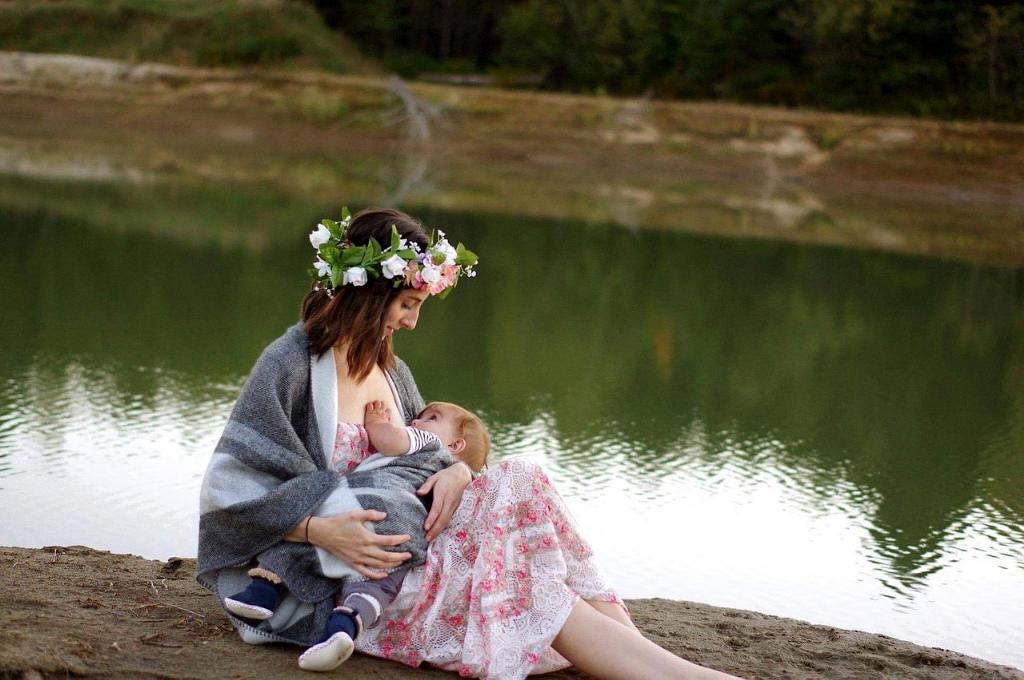When it comes to the question of whether you can kiss your breastfed baby, the answer is a resounding yes. In fact, the act of kissing your baby can actually be beneficial for both you and your little one. This is due to the incredible biological process that occurs when a mother kisses her baby.
The Pathways of Protection
When you kiss your baby, you are inadvertently sampling the pathogens that are present on your baby’s face. These pathogens then make their way to your lymphatic system, triggering your body to produce antibodies to combat them. These antibodies are subsequently passed on to your baby through your breast milk, providing them with an added layer of protection against potential illnesses.
Promoting Immune Health
By kissing your breastfed baby, you are essentially helping to boost their immune system. The antibodies that your body produces in response to the pathogens on your baby’s skin can help to strengthen their defenses, making them less susceptible to infections and other health issues.
Building a Strong Connection
Aside from the physiological benefits, kissing your baby also plays a crucial role in building a strong emotional bond between the two of you. The act of kissing is a way to convey love, affection, and comfort, all of which are essential for your baby’s overall well-being.
Ensuring Proper Hygiene
While kissing your baby is indeed beneficial, it is important to maintain good hygiene practices. Ensuring that you wash your hands frequently and refrain from kissing your baby if you are unwell can help to minimize the risk of passing on any harmful germs.
Practicing Mindful Interaction
Being mindful of your interactions with your baby is key. While kisses are a beautiful way to show affection, it is equally important to engage in other forms of physical contact, such as cuddling and skin-to-skin contact, to foster a strong bond and promote healthy development.
Addressing Common Concerns
Some parents may have concerns about kissing their baby due to fear of transferring germs or causing infections. However, it is essential to remember that the benefits of kissing for both you and your baby far outweigh the potential risks, especially when proper hygiene practices are followed.
Consulting with Healthcare Professionals
If you have any specific concerns or questions regarding kissing your breastfed baby, it is always advisable to consult with your healthcare provider. They can offer personalized guidance and address any individual concerns you may have.
Celebrating the Bond
The bond between a mother and her breastfed baby is truly special, and acts of affection such as kissing only serve to strengthen this connection. Embrace the joy of bonding with your little one through kisses and cherish these moments of love and warmth.
Embracing the Benefits
In conclusion, kissing your breastfed baby is not only safe but also offers a multitude of benefits. From enhancing immune health to nurturing emotional closeness, the act of kissing plays a significant role in fostering a loving and supportive relationship between you and your baby.
Final Thoughts
So, the next time you feel the urge to shower your baby with kisses, go ahead and do so with confidence, knowing that you are not only expressing your love but also contributing to their overall well-being and development. The bond you share through these moments of affection is truly magical and irreplaceable.

